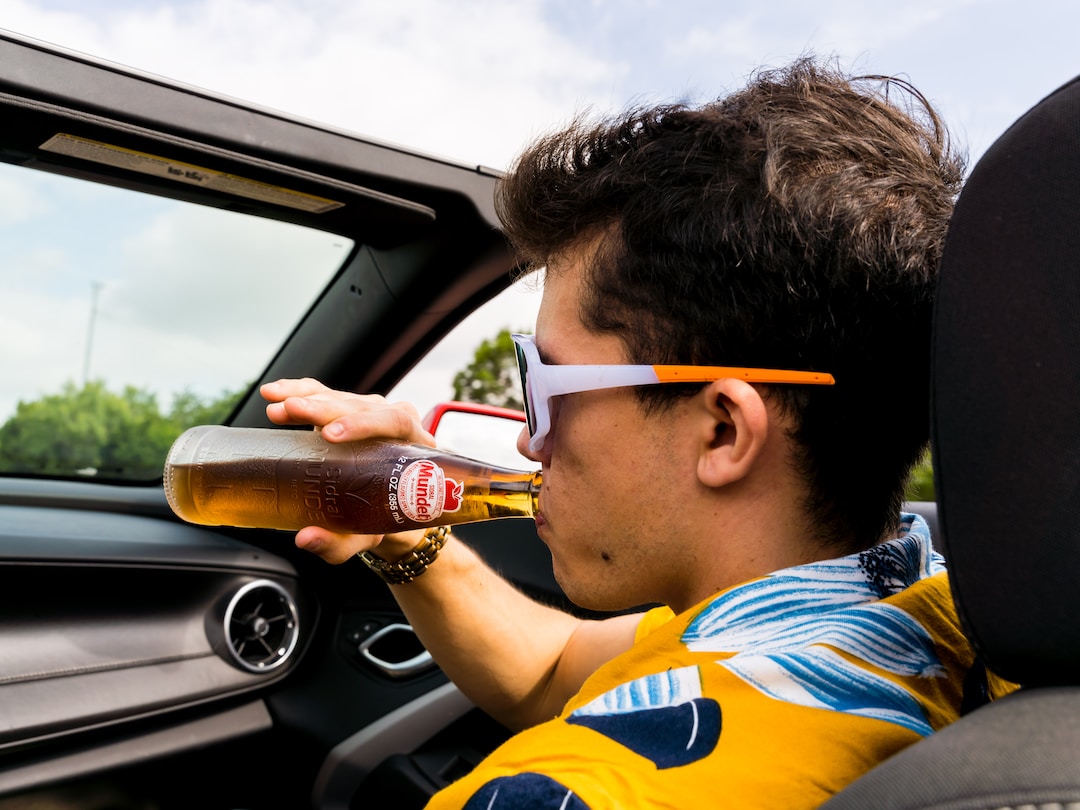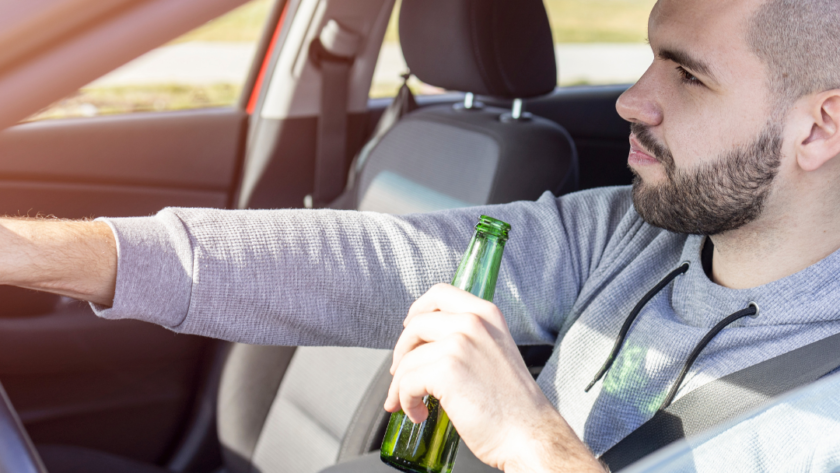In the context of traffic violations, two terms that frequently come up are “DUI” and “DWI.” While both are severe infractions related to intoxicated driving, they’re not interchangeable. The definitions, implications, and consequences of DUI (Driving Under the Influence) and DWI (Driving While Intoxicated) differ, depending on the jurisdiction. In this comprehensive article, we aim to delineate the critical differences between these two offenses and explore how they are handled across various jurisdictions.
Unraveling DUI and DWI
To start, it’s vital to grasp the fundamental distinctions between a DUI and a DWI. Generally, a DUI is issued when a person is found operating a motor vehicle under the influence of alcohol or other mind-altering substances. Various states have specific standards, but typically, the driver’s blood alcohol content (BAC) must exceed a certain level, typically 0.08%, to merit a DUI charge. If you find yourself facing a DUI charge, you might need a competent legal representative, such as a San Antonio DUI attorney, to navigate the legal intricacies.
Conversely, a DWI usually refers to driving while impaired by either alcohol or any type of drug, including prescribed and over-the-counter medications. The emphasis here is on the degree of impairment. If an officer assesses a driver and deems them unfit to drive due to visible impairment, they could face a DWI charge, even if their BAC is below the legal limit.
Jurisdictional Differences
While these definitions offer a general understanding, it’s essential to consider that the interpretation and application of DUI and DWI laws can vary significantly between jurisdictions. Some states do not even recognize any distinction between the two offenses, employing only one of the terms to denote all impaired or intoxicated driving offenses. This lack of uniformity across state lines means that the exact nature of the charge and its corresponding consequences depend heavily on the location of the infraction.
For example, in some jurisdictions, a DWI is regarded as more serious than a DUI. This perspective stems from the belief that being impaired (not just under the influence) to the point where your driving ability is affected is a more severe violation. However, other jurisdictions flip this narrative and see DUIs as the more serious offense, considering that being under the influence (not just impaired) to the point of having a BAC above the legal limit is more dangerous.
Furthermore, certain states use a DWI to refer to driving while drunk and a DUI for cases where a driver is impaired due to drug use. Yet, in other areas, a DUI can be downgraded to a DWI if the driver’s BAC is below a certain threshold at the time of arrest.
Implications and Consequences

Regardless of jurisdictional differences, both DUI and DWI offenses carry serious penalties, including fines, suspension of driving privileges, mandatory alcohol and drug education programs, probation, and potentially jail time. Repeated offenses typically lead to more severe penalties. The exact nature and severity of these penalties are again subject to jurisdictional discretion.
Beyond legal penalties, these offenses can also have long-lasting impacts on a person’s life, including employment difficulties and higher insurance rates. Some jobs, especially those involving driving or operating machinery, might become inaccessible to those with DUI or DWI on their records.
The Role of Breathalyzer and Field Sobriety Tests
An essential aspect of DUI and DWI charges that warrants further discussion is the role of Breathalyzer and field sobriety tests. These assessments serve as primary tools for law enforcement officers to determine if a driver is under the influence or impaired.
Breathalyzer tests measure the concentration of alcohol in a person’s breath, providing an estimate of their blood alcohol content. If the result exceeds the legal limit—usually 0.08%—the driver can be charged with a DUI or a DWI, depending on the jurisdiction.
On the other hand, field sobriety tests are a series of physical and cognitive tasks used by officers to assess a driver’s impairment. These tasks may include standing on one leg, walking and turning, and the horizontal gaze nystagmus test, which involves following an object with the eyes. Failure to perform these tasks satisfactorily can lead to a DWI charge, indicating the driver is too impaired to drive, irrespective of their BAC.
The Process After Being Charged With a DUI or DWI
Understanding the legal process that follows a DUI or DWI charge can be instrumental in navigating these situations effectively. Typically, after an officer makes a DUI or DWI arrest, the driver is taken into custody and booked at the local police station. The booking process involves recording personal information, taking a mugshot, fingerprinting, and storing personal property.
After booking, the individual may be kept in jail until they’re sober or released on bail. A court date will also be set for a preliminary hearing or arraignment. During the hearing, the individual is formally charged and asked to enter a plea: guilty, not guilty, or no contest. It’s critical to have legal representation during these proceedings to ensure your rights are protected.
Underage DUI and DWI: The Zero-Tolerance Policy

The issue of underage drinking and driving introduces an added layer of complexity to DUI and DWI laws. Given the severity of the problem, most states have implemented a zero-tolerance policy, meaning that any detectable amount of alcohol in an underage driver’s system can result in a DUI or DWI charge. The standard BAC limit of 0.08% does not apply here—even a BAC of 0.01% can lead to legal consequences for underage drivers.
This policy reflects the legal drinking age of 21. Hence, any evidence of alcohol consumption by an underage driver is a violation of the law, irrespective of whether their driving was actually impaired. Penalties can include license suspension, fines, probation, and mandatory educational programs.
DUI and DWI Laws for Commercial Drivers
Commercial drivers are held to a higher standard than regular drivers when it comes to DUI and DWI offenses. This is because they often operate large vehicles and carry goods or passengers, making the potential consequences of impaired driving even more serious.
The Federal Motor Carrier Safety Administration stipulates that commercial drivers can be charged with a DUI or DWI if their BAC is 0.04% or higher, half the usual limit for regular drivers. Penalties can be severe, including loss of their commercial driver’s license, which can severely impact their livelihood. Some companies may have even stricter policies, prohibiting any detectable amount of alcohol or drugs in their drivers’ systems.
Dealing with DUI and DWI Charges
If faced with a DUI or DWI charge, immediate legal counsel should be sought. A knowledgeable lawyer can navigate the complex legal landscape, evaluate the situation, and advocate on the defendant’s behalf. They can help understand the nature of the charges and the legal defenses available and negotiate plea bargains or sentence reductions where possible.
Concluding Thoughts: Navigating the DUI-DWI Dichotomy
As we have seen, the differences between DUI and DWI are not straightforward. They hinge heavily on state-specific legislation and enforcement practices, and the terms can sometimes be used interchangeably. Despite the legal nuances, one fact remains unequivocal: driving under the influence of alcohol or other drugs is not just illegal but also dangerous. It poses significant risks to the driver, passengers, other road users, and the broader community.
Being charged with a DUI or a DWI can have profound consequences on a person’s life, both immediately and in the long term. Therefore, understanding the critical distinctions between these two offenses is of paramount importance. If faced with either charge, secure the services of an experienced lawyer and fully explore your legal options. But above all, prioritizing safe and responsible driving practices is the best way to avoid these legal complications altogether.



